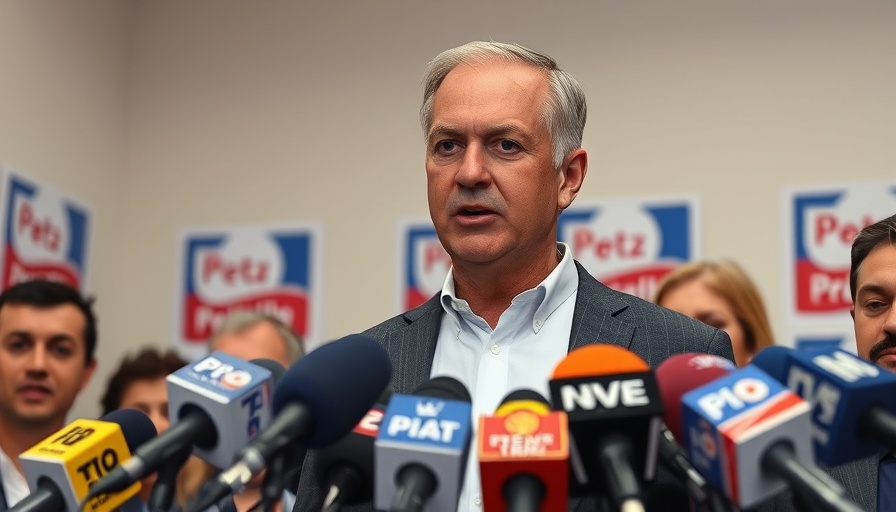
The ANC's Proposed Expansion: What Lies Ahead for the GNU?
The African National Congress (ANC) is expected to provide an important update regarding the possible expansion of the Government of National Unity (GNU) in the upcoming weeks. ANC Secretary-General Fikile Mbalula recently emphasized the urgency of these discussions, indicating that the existing political landscape has presented significant challenges, such as reaching consensus on crucial budgetary matters.
Political Implications: Navigating a Complex Landscape
The GNU has been a focal point in South African politics, particularly as the nation approaches the 2024 general elections. The current arrangement involves a ten-party coalition, which Mbalula suggests may benefit from the inclusion of additional parties. However, this proposal is not without its critics.
Leaders from the Democratic Alliance (DA) and ActionSA have voiced opposition, suggesting that an expansion of the GNU could complicate governance further. DA leader John Steenhuisen highlighted concerns regarding the necessity of such expansion and cautioned that it might hinder effective decision-making in an already convoluted political environment.
The Opposition's Stance: A Quest for Constructive Dialogue
ActionSA's Herman Mashaba reflects a broader sentiment among opposition parties. He articulated a desire to engage in constructive opposition rather than merely serving as a tool for ANC purposes. His comments reveal a growing frustration with the ANC's call for collaboration while they hold majority power, indicating that any negotiations would need to respect the political dynamics currently at play.
Potential Pathways for the ANC: Steel or Yield?
Looking beyond immediate concerns about expansion, the ANC is challenged to rethink its strategy and engagement with both its coalition partners and opposition entities. As the political tide shifts ahead of critical elections, Mbalula and his colleagues must weigh the consequences of actions that may either sow discontent or unify efforts across the political spectrum.
Historical Context: The GNU's Evolution
The evolution of the GNU reflects South Africa's struggle for political unity and stability. Since its inception, the coalition has endured various crises, necessitating deft maneuvering to achieve consensus on major issues, including budget allocations, economic reforms, and social policies. It raises questions about whether the ANC can adapt its approach to governance in a manner that not only secures political clout but also effectively addresses the pressing needs of citizens.
Opportunities for Reform: A Shift in Governance Paradigms
As conversations surrounding potential expansions heat up, scrutiny will inevitably focus on the broader implications for electoral reform, service delivery, and accountability within the GNU framework. Aligning with this, public sentiment around issues like land reform, job creation, and economic equitable distribution remains palpable.
Moreover, the ANC's approach to these themes could be pivotal in defining voter turnout in the upcoming elections. Neglecting the nuanced dynamics of public opinion may invite backlash that compromises the party's position in parliament.
What’s Next? Engaging with the Public
As updates on the expansion of the GNU emerge, public engagement remains crucial. The civic voice should not only inform the political narrative but also hold leaders accountable to election promises, particularly those concerning service delivery and corruption. Public discourse must prioritize transparency and inclusivity, ensuring that the values of democracy resonate beyond party lines.
For professionals and citizens keenly observing these developments, staying informed and engaged with political discourse is essential. The interplay between the ANC and opposition could set the stage for critical measures that impact lives across South Africa.
Final Thoughts: The Road Ahead for South Africa’s Governance
Looking ahead, the ANC will need to navigate a precarious balance between expanding its coalition and fostering cooperative governance. As conversations about the GNU’s future unfold, it’s an opportune moment for citizens to voice their expectations and contribute to a dialogue that transcends traditional party-political dynamics.
 Add Row
Add Row  Add
Add 




Write A Comment